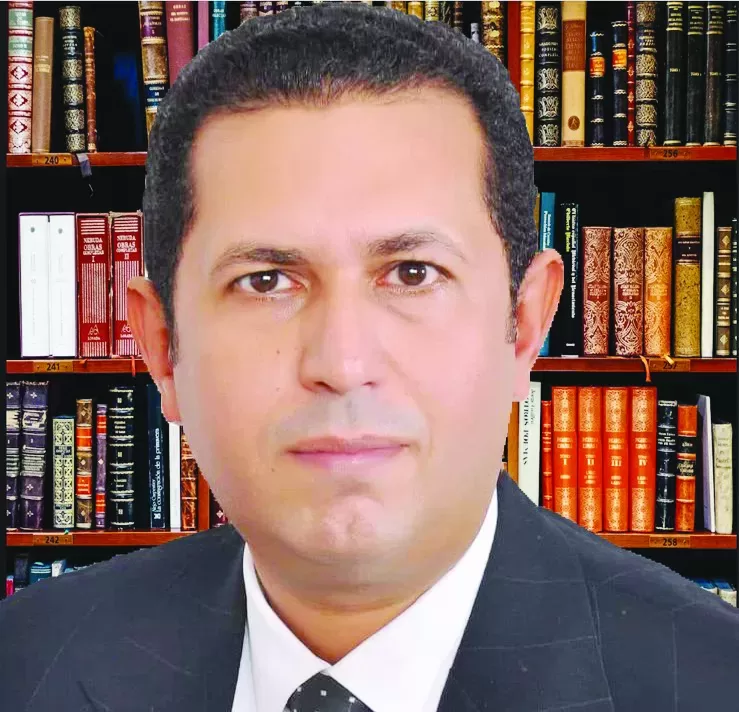By Mohamed Fahmy
Copyright egyptian-gazette

Donald Trump’s recent address to the United Nations General Assembly, ostensibly a platform for dialogue among world leaders, was anything but a traditional foreign policy speech. It was a performance, a rallying cry aimed not at the assembled diplomats and heads of state, but at an audience of one: his domestic political base. This strategic choice signals a profound and troubling shift in American foreign policy and makes it clear that the world can no longer rely on the United States for strong, consistent leadership.
Trump’s hour-long tirade was a familiar mix of self-congratulation, grievances, and provocative attacks. He spent a significant portion of the speech not on international co-operation, but on domestic issues, such as his administration’s economic record and his controversial immigration policies. He brazenly told European leaders their countries were “going to hell” due to their stances on migration and green energy, using language that would be more at home at a campaign rally in the American heartland than in the halls of the UN. These weren’t subtle diplomatic rebukes; they were “red meat” for his supporters, a reaffirmation of his “America First” ideology for those who believe the US has been exploited by its allies and global institutions.
The speech made a mockery of the very values the UN was founded upon. While other leaders, such as Brazil’s Luiz Inácio Lula da Silva and Indonesia’s Prabowo Subianto, spoke of multilateralism and the need to combat authoritarianism and injustice, Trump presented a vision of a world where each nation state acts solely in its own self-interest. He derided the UN as “feckless,” “corrupt,” and filled with “empty words.” His claim to have ended seven “unendable wars” without the UN’s help, while absurd to those who follow international affairs, resonated with a base that views global institutions as obstacles to American power rather than tools for stability.
This transactional, unilateral approach to foreign policy has far reaching consequences. It creates a vacuum of leadership that other powers, like China and Russia, are eager to fill. The speech revealed a US administration bent on dismantling the very “rules-based liberal international order” that the US itself helped create after World War II. It’s a move that leaves allies, particularly in Europe, uncertain of American support in the face of aggression and instability.
The global reaction to Trump’s address was telling. The shocked and embarrassed silence in the room spoke volumes. The words of other leaders defending multilateralism, condemning aggression, and warning against “power play” were a stark contrast to Trump’s rhetoric. The speech underscored a grim reality: the US is no longer a reliable partner. Its foreign policy is now dictated by domestic politics, not by a coherent global strategy.
For nations, particularly in the Middle East, this creates an unavoidable question: how do we operate in the absence of reliable American leadership? We are left with a world where alliances are fragile and international co-operation is increasingly difficult. The efforts to build new alliances, such as the “anti-Trumpian alliance” mentioned in some circles, are still in their infancy. Each nation state, driven by its own internal politics, must now decide how to navigate or resist this “ever darker and weirder residency.” This speech was a vivid, sobering reminder that the era of dependable American leadership has, for the time being, come to an end.
Mohamed Fahmy is the Editor-in-Chief of The Egyptian Gazette and Egyptian Mail newspapers
[email protected]



